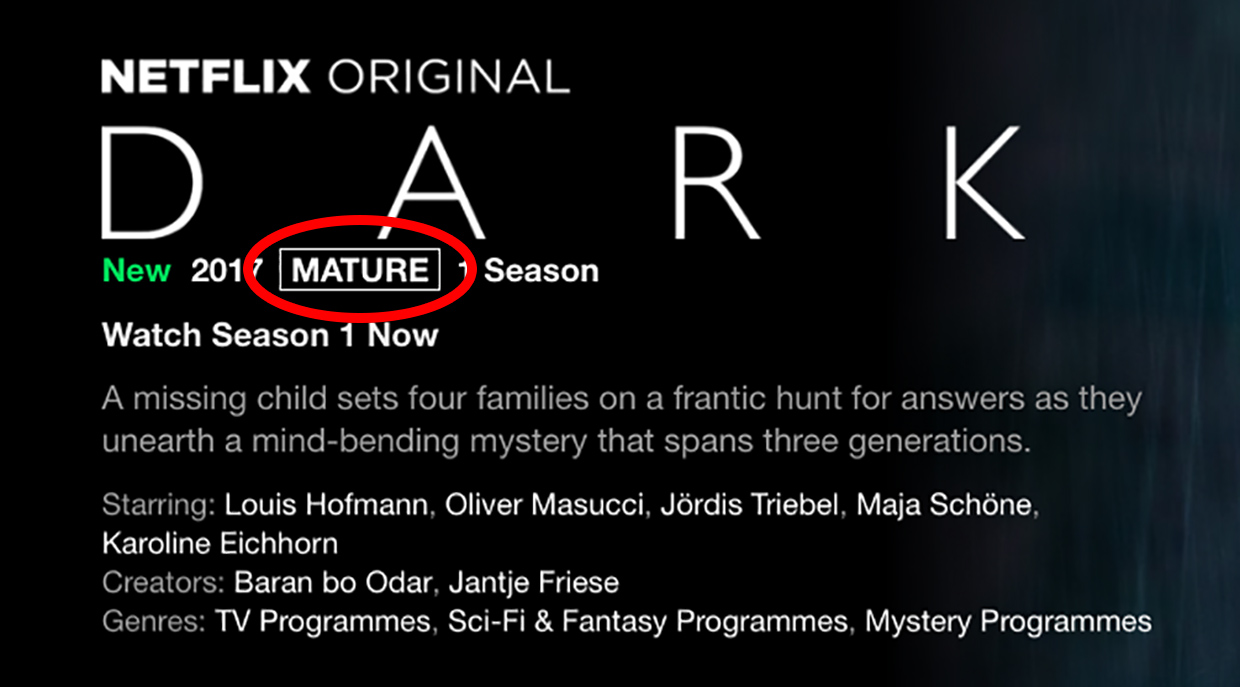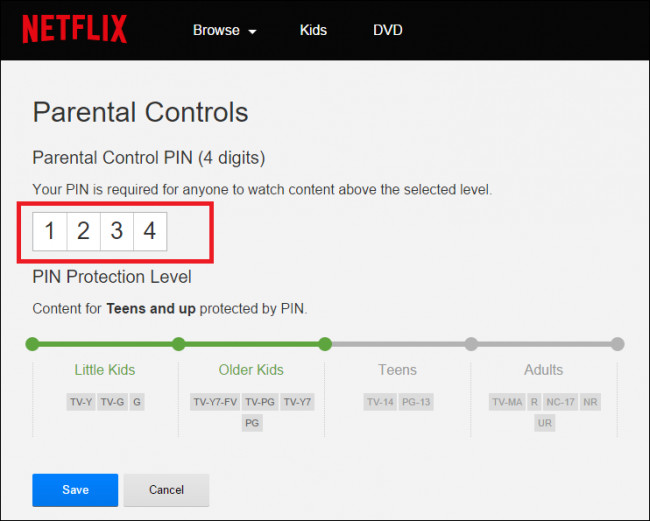BN MP Wants Netflix to Be Censored: Is Censorship Even Relevant Anymore?
In a story that has sent the internet into a frenzy, a Barisan Nasional MP has expressed her concerns over the lack of censorship of sex scenes and LGBTQ representation in TV series and movies available to stream on Netflix. During the 27th March Dewan Rakyat assembly, Datin Mastura Mohd Yazid (BN-Kuala Kangsar) claimed that certain material featured on the popular streaming platform, Netflix was “causing concern among Malaysians.”
Here’s what she had to say to the Communications and Multimedia Minister, Gobind Singh Deo (via The Star Online):
“This is about films on Netflix. Are there different mechanisms of censorship used between ordinary films and those featured on Netflix?
This is because I am looking at widespread sex scenes and LGBT elements which are causing worry among the people.”
Funnily enough, the MP failed to mention exactly who these “worried people” are.
In case you’re feeling confused about Malaysia’s censorship policies, Malaysia’s Film Censorship Act 2002, which censors obscene content according to guidelines on security and public order, religion, socio-culture, decorum, and morality, does not apply to Netflix or online content in general.
To put things into perspective, the version of Game of Thrones that airs on HBO (Astro Ch 411/431) is censored (i.e no nudity, extreme violence or “obscene content”), but the completely uncensored version is available to stream on HBO On Demand (via Astro’s online streaming platform, Astro Go).
This makes all the sense in the world to me. But it does also beg the question: Is traditional censorship still relevant in our current online climate?
Censorship is said to be done to “protect the security and public order” of the country. But the truth of the matter is, the content consuming climate has changed drastically over the past decade or so making traditional and extreme forms of censorship pretty much redundant. It’s almost impossible to prevent the masses from accessing all sorts of content from various parts of the world.
We know movies go through heavy censorship over at Lembaga Penapis Filem ([LPF] Film Censorship Board of Malaysia) before it’s allowed to be screened in theatres. For argument’s sake, let’s say our government chooses to clamp down on online platforms and censor content there as well.
Even so, the public will still be able to easily access uncensored versions of these content through illegal streaming/torrenting sites. (Note: We do not in any way shape or form support illegal content sharing/streaming/downloading. We’re merely highlighting the reality of our current climate.)
This extends well beyond the realm of movies and television too. Pornography is illegal in Malaysia — MCMC has blocked more than 1000 different porn sites since 2015. Yet in Pornhub’s 2016 annual report, there were stats available on Malaysians’ porn consumption patterns.
These days, most people change the Domain Name System (DNS) on their phones and computers. It takes approximately five seconds to do so and you’ll have access to most if not all websites that are blocked by the government. Some people use Virtual Private Network (VPN), which in layman’s language allows you to circumvent almost all types of internet censorship while also protecting you by masking your IP address.
Also, it’s been proven in the past that banning something will only increase the attention said content receives. One example would be the game Fight of Gods that was banned by the Malaysian government in 2017. The obscure PC game suddenly gained massive interest and saw a rise in downloads among Malaysians AFTER Steam (the gaming platform that hosted the game, among many other games) was temporarily blocked in the country due to it failing to meet MCMC’s geo-block deadline. What’s interesting is that many Malaysians weren’t even affected by the block in the first place because they had already changed their DNS beforehand.
Censorship is never the solution. It is never the answer. Art is meant for exploration and questioning. To broaden our perspective and make sense of the world around us. And we’re glad that Malaysia, as far as film and TV censorship goes, is slowly but surely becoming more progressive.
There was a time where foul language was completely censored from movies that are screened in local cinemas. Now, movies that are rated 18 by the LPF are allowed to maintain most, if not all crass language. Also, a film like Bohemian Rhapsody, which was PG-13 in the US, was given an 18 certificate in Malaysia, with most of its gay scenes left intact. And instead of completely omitting the sex scenes out of The Shape of Water, LPF allowed those sequences to be maintained as long as there were black bars covering the male and female genitalia.
While I don’t support censorship of the arts whatsoever; while I do hope for a day where Malaysians will get the chance to watch completely uncut versions of films in local cinemas, I think we can also be happy that LPF is at least walking in the right direction. Baby steps! Does this mean that we should let our kids watch anything and everything? Well, that should be mostly, if not entirely up to each parent.

Movies that are screened in cinemas come with a classification/rating. The same can be said about movies and TV series that are featured on platforms like Netflix and Astro Go, all of which do have an MPAA rating attached to it (i.e recommended for ages 16 and up).
For a more in-depth breakdown, check out the ‘parents guide’ on IMDb (picture above) for any given movie/series, where you will find detailed explanations on the severity of the violence, crass language, nudity and sex (including if it’s heterosexual or homosexual) that’s in the movie/series.
By following the steps below, you can create a parental block that would disallow anyone using your Netflix account to play any content deemed unsuitable for their age group unless they have the unique pin number.

Look, if you find that certain content contradicts your values or belief system and makes you feel uncomfortable, then you have the right to not engage with the content. If you find certain content unsuitable for your kids, then don’t let your kids watch it. It’s as simple as that.
The post BN MP Wants Netflix to Be Censored: Is Censorship Even Relevant Anymore? appeared first on Lowyat.NET.
from Lowyat.NET https://ift.tt/2FHEVq2
Labels: Lowyat


0 Comments:
Post a Comment
Subscribe to Post Comments [Atom]
<< Home